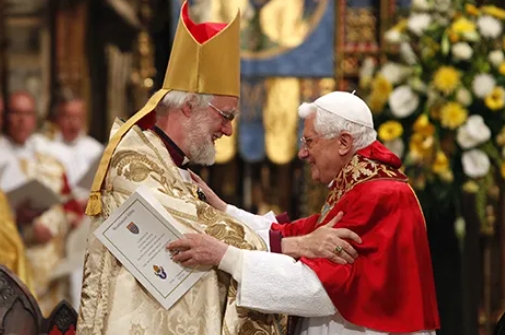Catholic and Protestant beliefs have been a source of division and debate for centuries. Understanding the key differences between these two branches of Christianity is crucial for both believers and non-believers.
Origins and History
Catholicism traces its roots back to the teachings of Jesus Christ and the apostles. It has a hierarchical structure with the Pope as the leader of the church. Protestantism, on the other hand, emerged during the Reformation in the 16th century when reformers like Martin Luther and John Calvin broke away from the Catholic Church.
Authority and Tradition
Catholics believe in the authority of the Pope and tradition, which includes teachings from early church fathers and ecumenical councils. Protestants, on the other hand, emphasize the authority of scripture alone (sola scriptura) as the ultimate source of truth and guidance.
Salvation and Justification
Catholics believe in the importance of good works and sacraments for salvation, while Protestants emphasize faith alone (sola fide) as the means of justification before God. This difference has been a major point of contention between the two groups.
Sacraments and Worship
Catholics believe in seven sacraments, including baptism, confirmation, and the Eucharist, which are seen as channels of God’s grace. Protestants generally recognize only two sacraments, baptism and communion, and view them as symbolic acts rather than channels of grace.
Role of Mary and Saints
Catholics venerate Mary as the Mother of God and pray to saints for intercession. Protestants, however, believe in the priesthood of all believers and do not pray to Mary or saints, focusing instead on direct communication with God.
Understanding and Respect
While there are significant differences between Catholic and Protestant beliefs, it is important to approach these differences with understanding and respect. Both groups share a common belief in Jesus Christ as the Son of God and Savior of the world, and ultimately seek to live out their faith in love and service to others.
By taking a closer look at the beliefs and practices of Catholics and Protestants, we can foster greater understanding and dialogue between these two branches of Christianity. Let us strive to appreciate our shared beliefs while also respecting the diversity within the Christian faith.

